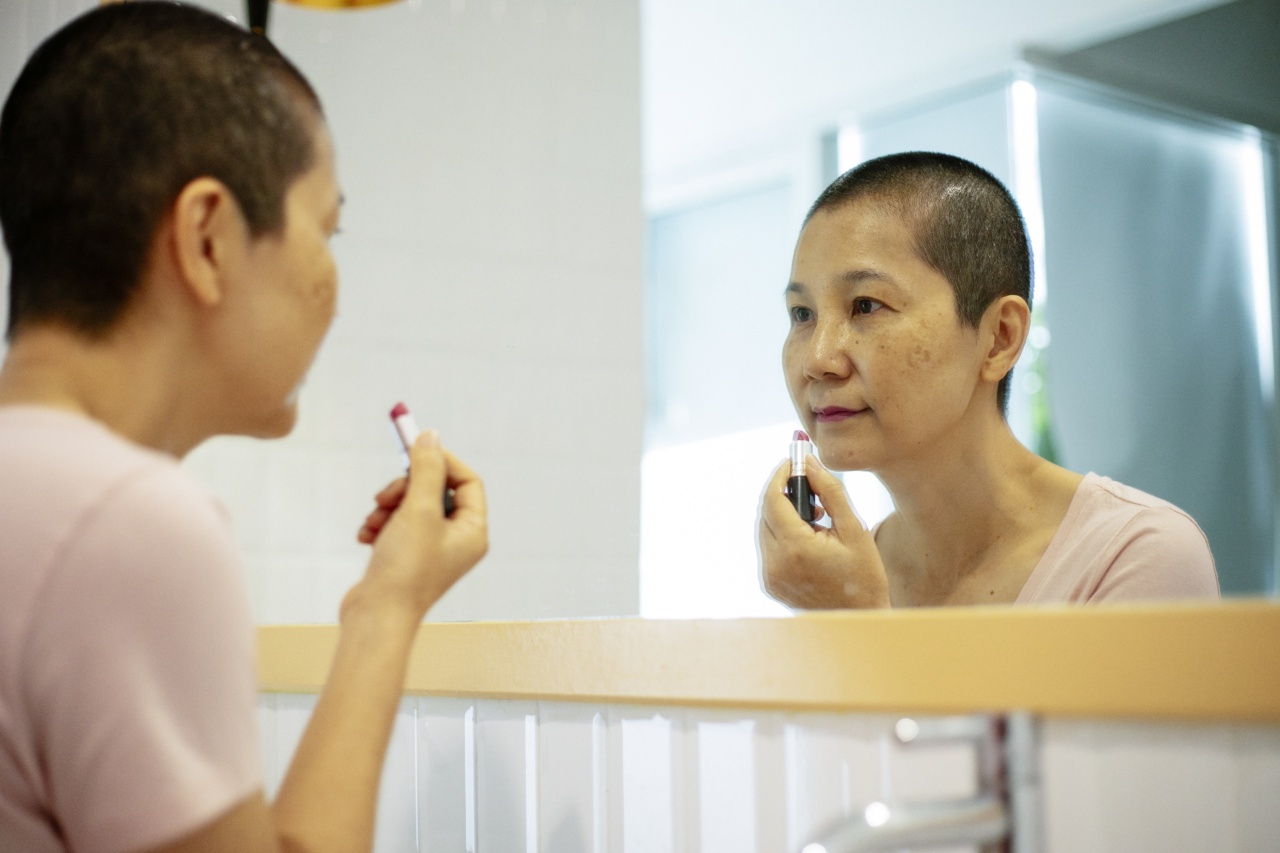Cancer can be a frightening and life-altering diagnosis.
While there are many factors that contribute to the development of cancer, including genetics, environmental factors, and exposure to toxic substances, there are also many things that you can do to reduce your risk. By making certain lifestyle changes and adopting healthy habits, you can help to protect yourself against this disease.
Eat a Healthy Diet
A healthy diet that is rich in fruits, vegetables, whole grains, and lean protein can help to lower your risk of cancer. Avoiding processed and high-fat foods and limiting your intake of red and processed meats can also be beneficial.
Additionally, certain foods contain compounds that may have cancer-fighting properties, such as cruciferous vegetables like broccoli and cauliflower and berries like blueberries and raspberries.
Exercise Regularly
Exercise is important for overall health and can also help to lower your risk of cancer. The American Cancer Society recommends at least 150 minutes of moderate exercise per week or 75 minutes of vigorous exercise per week.
Exercise can help to maintain a healthy weight, improve immune function, and lower levels of inflammation in the body, all of which can contribute to a reduced risk of cancer.
Quit Smoking
Smoking is a major risk factor for many types of cancer, including lung, throat, and bladder cancers. If you currently smoke, quitting is one of the best things that you can do for your health.
It’s never too late to quit, and there are many resources available to help you, such as nicotine replacement therapies, prescription medications, and support groups.
Limit Alcohol Consumption
Alcohol consumption has been linked to an increased risk of several types of cancer, including breast, liver, and colon cancer.
If you choose to drink alcohol, limit your consumption to no more than one drink per day for women and two drinks per day for men.
Protect Yourself from the Sun
Exposure to the sun’s ultraviolet (UV) rays is a major risk factor for skin cancer. To protect yourself, wear protective clothing, such as long-sleeved shirts and hats, and use sunscreen with an SPF of at least 30.
Avoid tanning beds, which can also increase your risk of skin cancer.
Get Enough Sleep
Getting enough sleep is important for overall health and can also help to reduce your risk of cancer.
Studies have shown that people who don’t get enough sleep on a regular basis may have an increased risk of certain types of cancer, such as breast and colon cancer. Aim for at least seven hours of sleep per night.
Manage Stress
Chronic stress can take a toll on your health and may also increase your risk of cancer. Finding healthy ways to manage stress, such as through exercise, meditation, or spending time with loved ones, can help to reduce your risk.
Get Screened
Regular cancer screenings can help to detect cancer early, when it is most treatable.
Talk to your healthcare provider about the appropriate screening recommendations for your age and gender, and make sure to follow through with any recommended tests or procedures.































